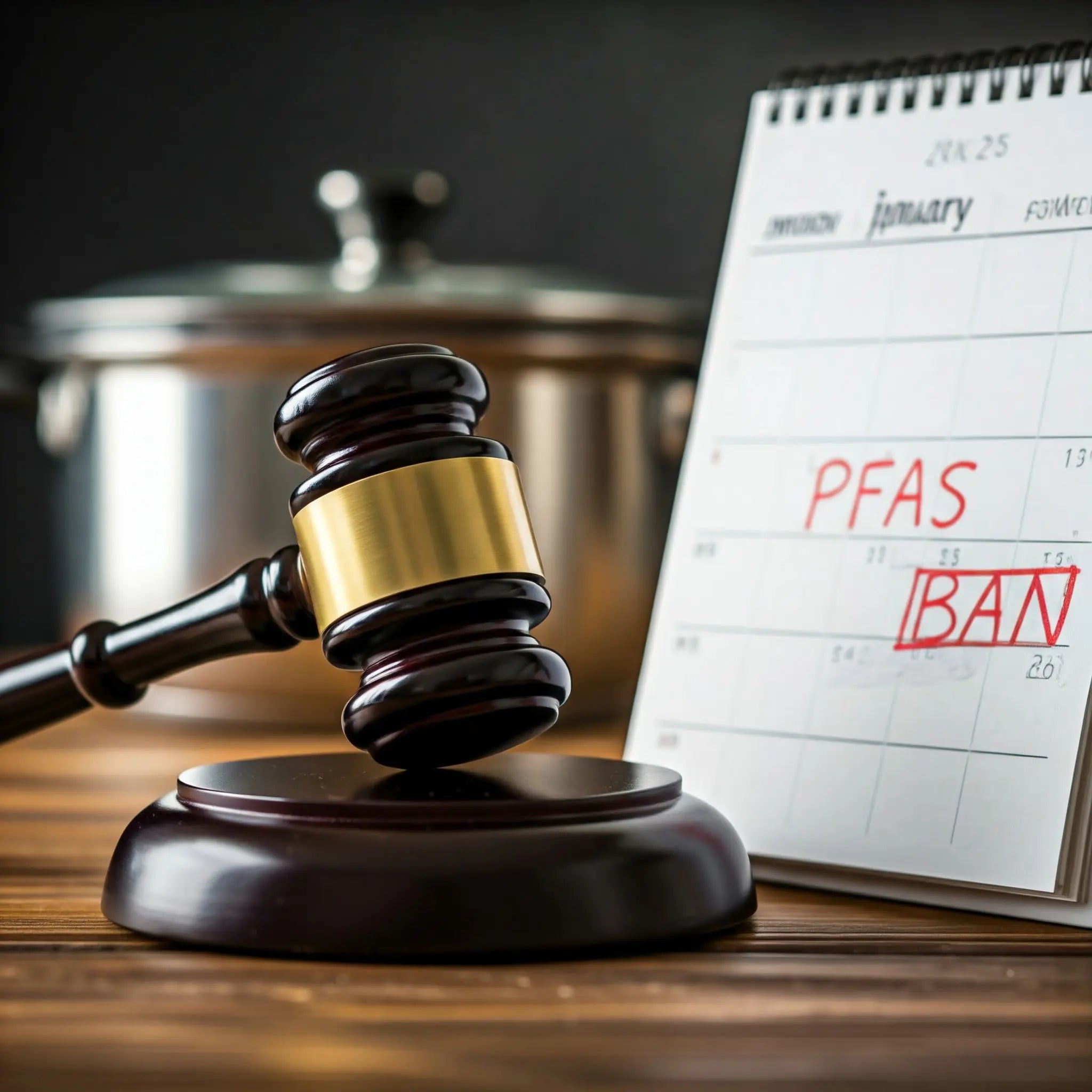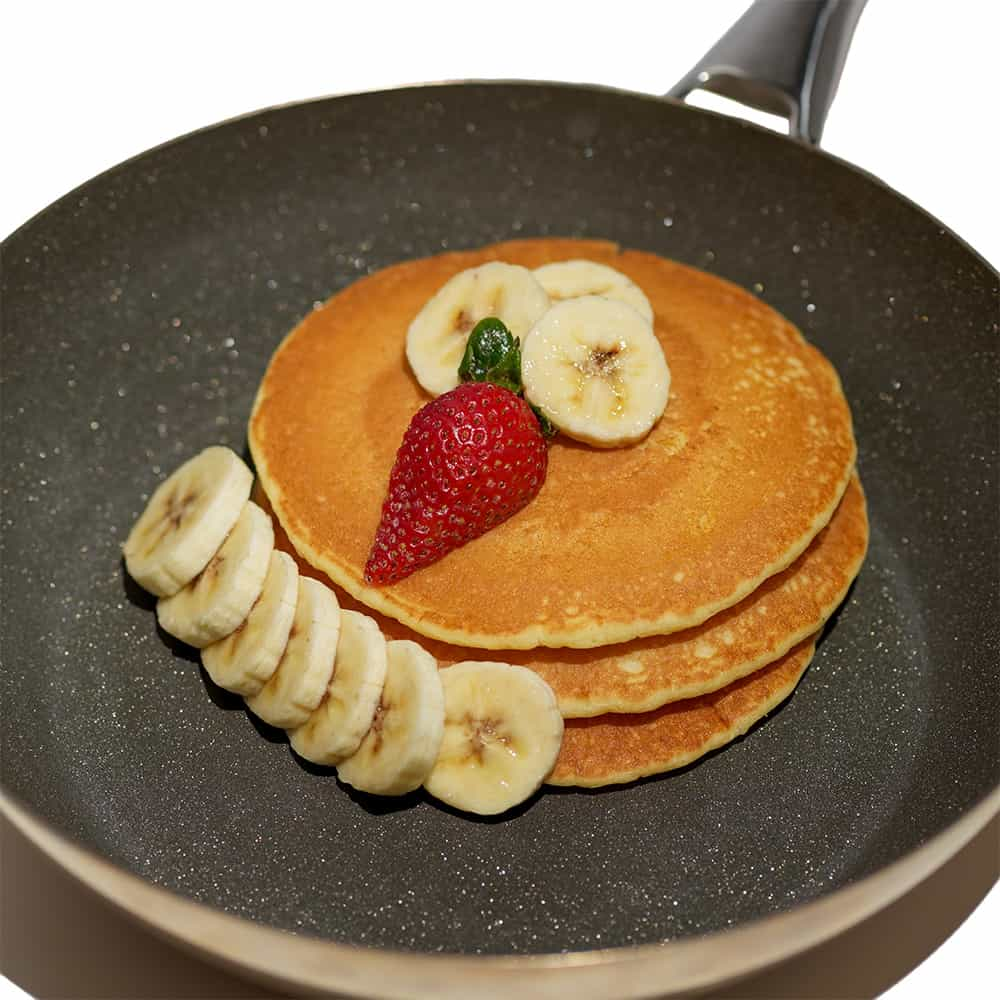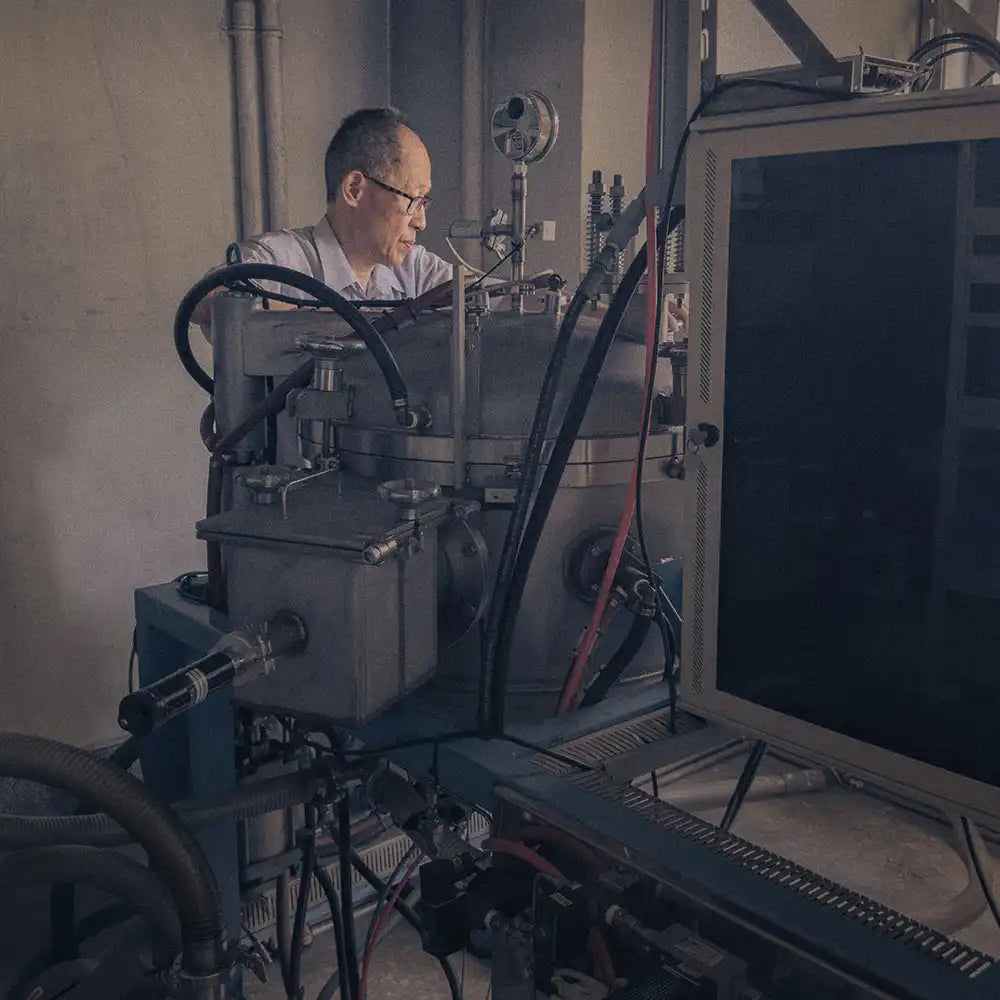
Minnesota’s PFAS Ban: Your Guide to Safer Cookware Alternatives

Is Minnesota Banning PFAS Cookware?
Yes. Starting January 1, 2025, Minnesota will ban the sale of cookware containing intentionally added PFAS (per- and polyfluoroalkyl substances). This bold move, part of "Amara’s Law," aims to protect public health and the environment from these persistent "forever chemicals."
Awareness: Minnesota’s PFAS Ban and Why It Matters
Picture this: It’s a crisp Minnesota morning, and you’re flipping pancakes on your trusty nonstick pan. But beneath that slick surface could lurk PFAS—chemicals linked to liver damage, immune issues, and environmental harm. By 2025, these chemicals will vanish from new cookware sold in Minnesota, marking a pivotal shift toward safer kitchens and cleaner lakes.
The ban targets intentionally added PFAS in cookware, requiring manufacturers to report PFAS use by 2026. This prevention-first strategy avoids costly cleanup of contaminated water and soil—a problem that could burden taxpayers for generations. We’re not just following rules; we’re leading the charge for healthier homes and a greener future.
Education: The Hidden Risks of PFAS in Your Kitchen
 PFAS aren’t just “bad chemicals”—they’re forever chemicals. Resistant to heat, water, and degradation, they linger in our bodies and environment for decades. Studies tie PFAS exposure to:
PFAS aren’t just “bad chemicals”—they’re forever chemicals. Resistant to heat, water, and degradation, they linger in our bodies and environment for decades. Studies tie PFAS exposure to:
- Kidney/liver damage
- Hormonal imbalances
- Elevated cholesterol
- Increased cancer risk
Nonstick pans release these toxins when scratched or overheated, contaminating food and air. Even “PFOA-free” labels don’t guarantee safety, as newer PFAS variants pose similar risks. Meanwhile, Minnesota’s lakes and wildlife bear the brunt, with PFAS pollution threatening ecosystems and drinking water.
Solution: Why Vacuum Brazed Diamond Cookware Outshines the Rest
 When swapping PFAS pans, many default to ceramic—but there’s a better option. Ceramic coatings wear down fast, requiring frequent replacements. Enter vacuum brazed diamond cookware, a PFAS-free innovation that’s changing kitchens:
When swapping PFAS pans, many default to ceramic—but there’s a better option. Ceramic coatings wear down fast, requiring frequent replacements. Enter vacuum brazed diamond cookware, a PFAS-free innovation that’s changing kitchens:
The Diamond Difference
- No Chemicals, Ever: Diamonds are bonded to metal in a vacuum furnace—no PFAS, PTFE, or toxic fumes.
- Built for Generations: Scratch-resistant diamond surfaces withstand metal utensils and daily use.
- Even Heat, Every Time: Diamonds conduct heat 5x better than copper, eliminating hot spots.
-
Eco-Friendly Choice: Durable design means fewer replacements and less waste.

How It Stacks Up
| Feature | Ceramic | Vacuum Brazed Diamond |
|---|---|---|
| Lifespan | 1–2 years | 10+ years |
| Nonstick Durability | Wears quickly | Scratch-resistant |
| Health | Mostly PFAS-free | Completely PFAS-free |
Your PFAS-Free Kitchen Action Plan
- Audit Your Pans: Check labels for “Teflon,” “PTFE,” or “nonstick.” Unsure? Contact the manufacturer.
- Dispose Responsibly: Recycle old pans at designated centers—don’t trash them.
- Choose Wisely: Opt for cast iron, stainless steel, or diamond-bonded cookware for lasting safety.
- Cook Smarter: Use lower heat and a dash of oil (even with diamond pans) for perfect results.
A Healthier Future Starts in Your Kitchen
 Minnesota’s PFAS ban isn’t just policy—it’s a promise. By choosing vacuum brazed diamond cookware, you’re investing in a pan that protects your family, outlasts trends, and honors Minnesota’s lakes and forests.
Minnesota’s PFAS ban isn’t just policy—it’s a promise. By choosing vacuum brazed diamond cookware, you’re investing in a pan that protects your family, outlasts trends, and honors Minnesota’s lakes and forests.
Ready to upgrade? Your next meal could be the start of something bigger.
References
- 2025 PFAS prohibitions | Minnesota Pollution Control Agency
- Eco Living – How new Minnesota laws will help shoppers reduce exposure to PFAS
- How PFAS Impacts Your Health - CDC
- In 100 days, Minnesota plans to be free of 'forever chemicals.' Some businesses already are
- PFAS in Cookware: Safer Kitchen Choices for Healthier Living - Consumer Notice
- 10 Things You Can Do About Toxic PFAS Chemicals - Clean Water Action
- Undisclosed PFAS coatings common on cookware, research shows - Ecology Center
- Minnesota Defines Cookware Covered by PFAS Ban | PackagingLaw.com
- Diamond Non-stick Surface and Cooking Utensils - USPTO Patent Center
- Diamond non-stick surface and cooking utensils - United Kingdom's Intellectual Property Office
- Surface antiadhésive en diamant et ustensiles de cuisine - Institut National de la Propriété Industrielle
- Minnesota's new PFAS ban goes into effect Jan. 1 - KARE 11
- How Long Do Ceramic Non Stick Pans Last? | Curated.com
- How Long Does Ceramic Cookware Last? - Bob's Red Mill
- Most Non-Stick Pans Don't Last Very Long - Here's What to do About It - LeafScore
- How to Recycle Pots and Pans: Your Ultimate Guide - EZ CleanUp
- Why Diamonds Are Naturally Nonstick? - diamondPans
- How to Choose Diamond Cookware: Carat Weight Matters Most - diamondPans
- What are PFAS and Why Should People Choose PFAS-Free Cookware? - diamondPans
- PFAS-Free Diamond Cookware: The Comprehensive Nonstick Guide for American Home Cooks - diamondPans
- Is Diamond Coating the Same as Teflon? What Is Diamond Coating on Pans? - diamondPans
- What Is Diamond Coating on Pans & Is It Safe? - diamondPans


